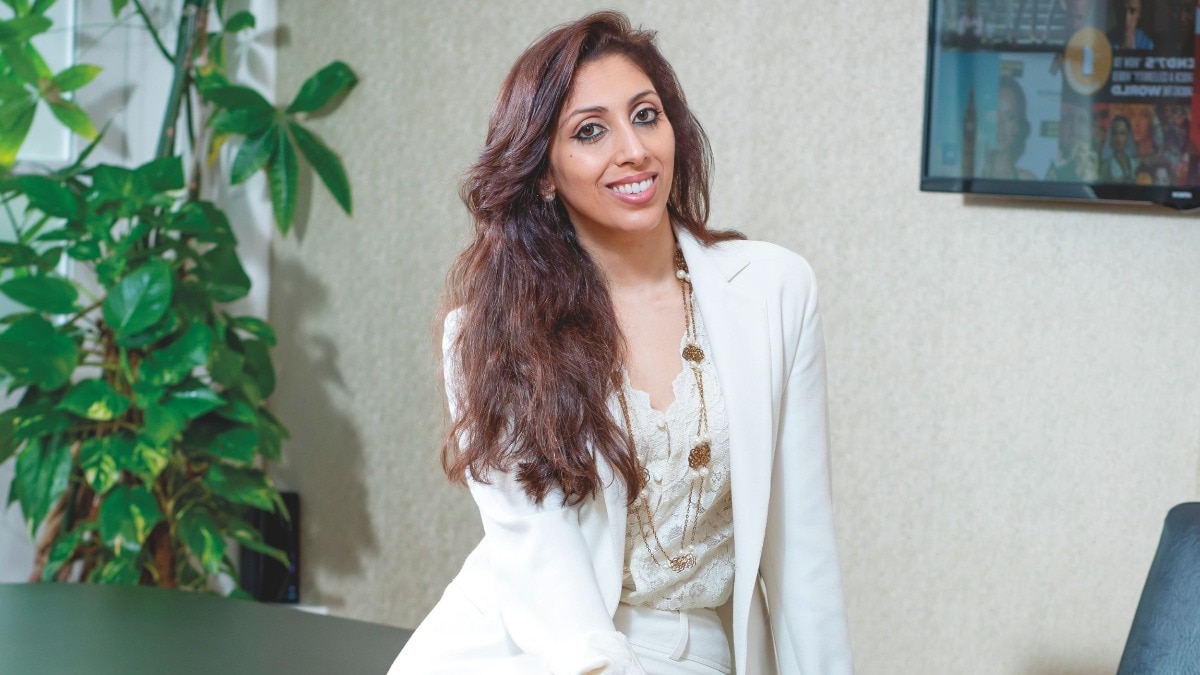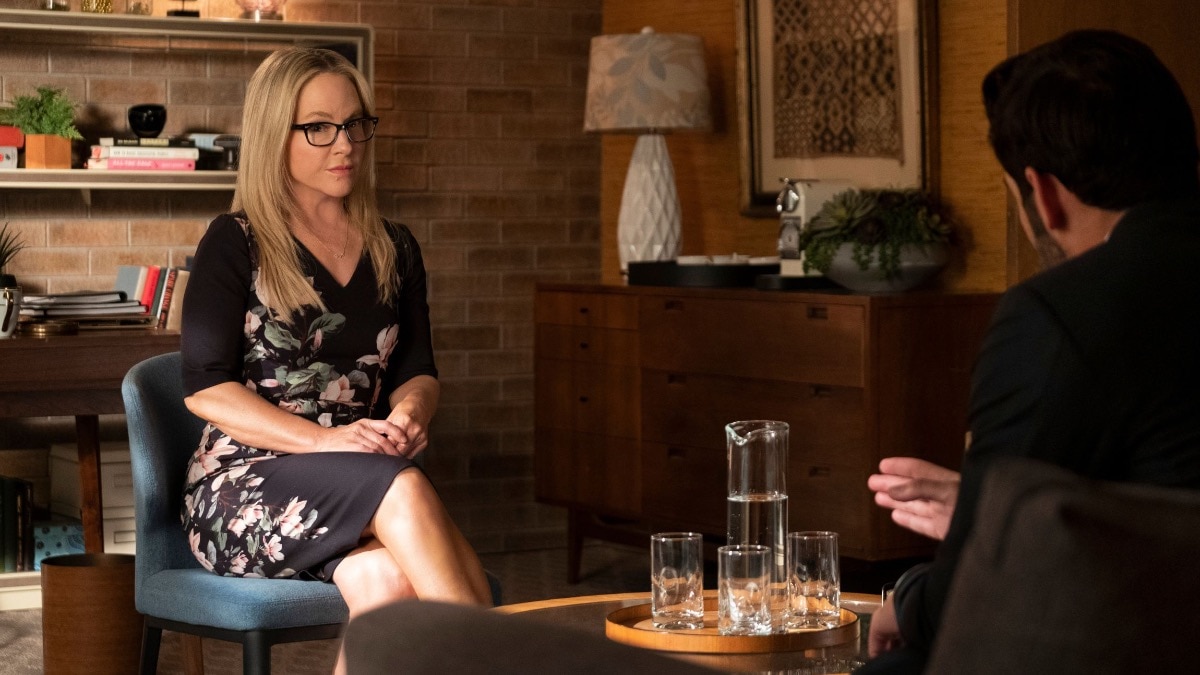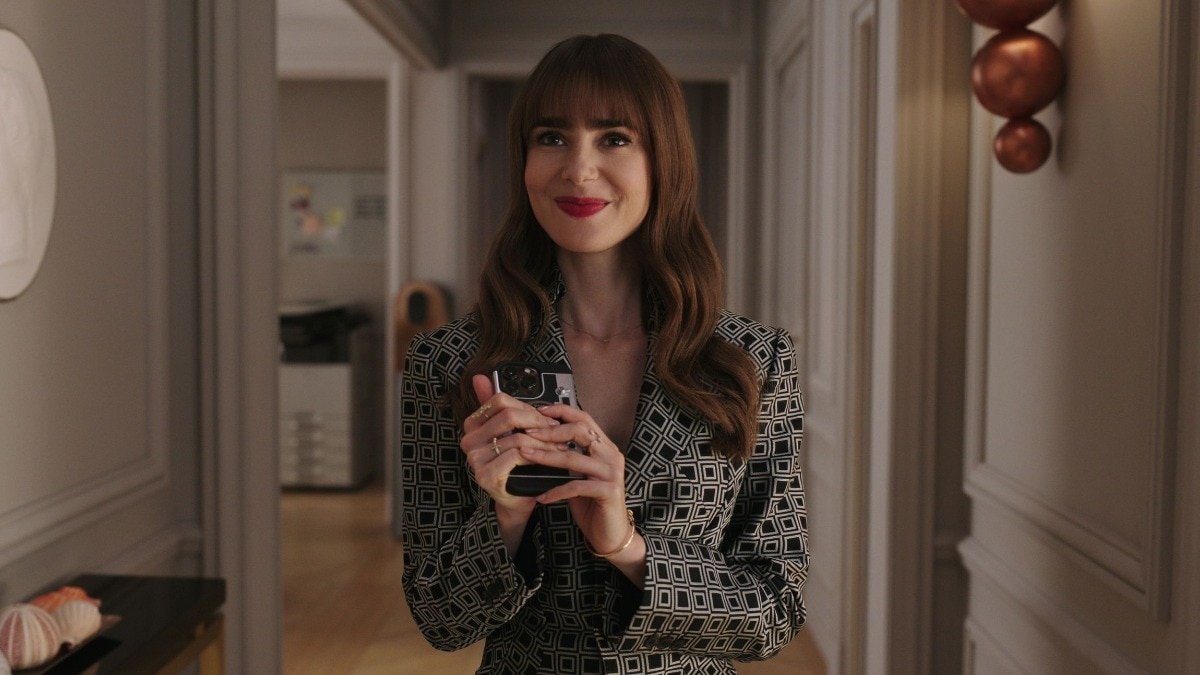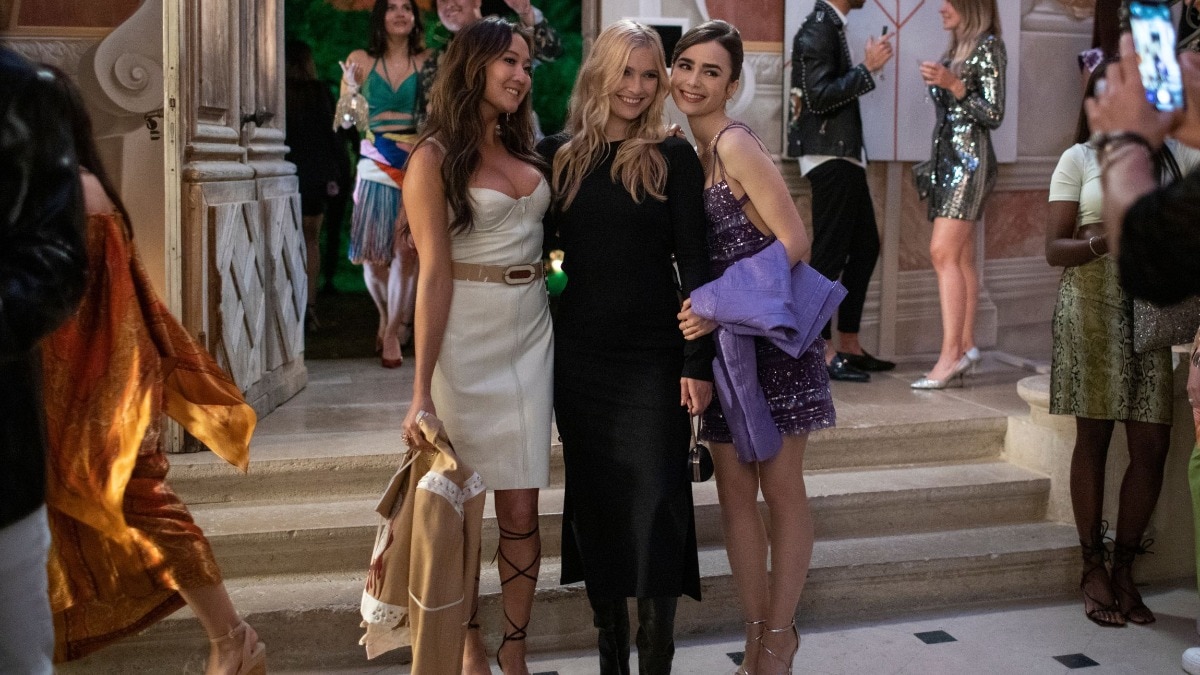From living on the streets to becoming a leader in her field, this firefighter is redefining what it means to be heroic
West Sussex’s chief fire officer, Sabrina Cohen-Hatton, talks about the importance of empathy, life-lessons, and protecting her peers.

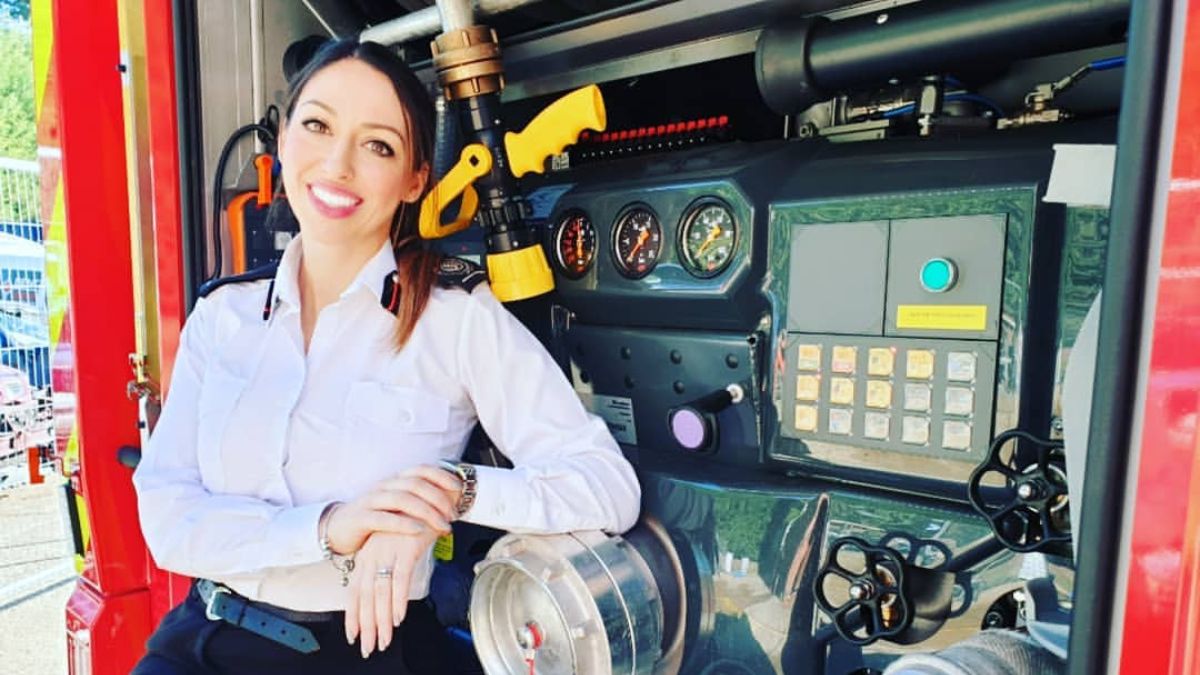
"Being brave doesn’t mean that you’re not afraid; it means you can be afraid and do it anyway," says the firefighter and psychologist Sabrina Cohen-Hatton. As the chief officer for West Sussex Fire and Rescue Service, she was a leading responder to the Finsbury Park and Westminster Bridge terror attacks in 2017, as well as the Grenfell Tower tragedy.
Although Cohen-Hatton’s role is usually one of action, understanding the impact of traumatic events for both the rescue forces and the victims is crucial. She ran the London Fire Brigade’s welfare centre at Grenfell, making sure those leaving the scene had access to psychological support. Five years on, with the inquiry ongoing, her focus remains with the survivors. "I was privileged to hear stories of what happened, but I also feel strongly that they’re not my stories to share," she says. "There are still grieving families, and the most important thing is for them to have the opportunity for closure."
Cohen-Hatton is not what most expect when they visualise a fire chief, as I discover when she arrives for our shoot at Royal Holloway—where she has recently been awarded an honorary doctorate—dressed in jeans, a blouse, and high-heeled boots. "The image that usually comes to mind is a big, strong man," she says, "but the best firefighters I know are good communicators with empathy—qualities that don’t depend on your gender." When she joined in 2001 women only made up one per cent of the service in the UK, a figure that has now risen to seven per cent, and she is one of just six female national fire chiefs out of 54.
Her resilience and willpower stem from childhood. Following her father’s death from a brain tumour when she was nine, her mother’s mental health declined and the family slid into poverty, forcing Cohen-Hatton to become homeless. "Things were so volatile that it was better to sleep on the streets of Newport than to stay at home," she says. "It was freezing cold because the concrete sucks the heat out of your bones and I was so hungry I would look for food in bins." Selling copies of The Big Issue enabled her to save enough money to rent a small flat, "where no one knew me, so I felt like I could start again." Recently, she has started speaking openly about those difficult years: "I decided to own the things that made me feel vulnerable with as much conviction as those that make me feel good about myself, to show people that their circumstances don’t have to determine where they end up."
Cohen-Hatton was drawn to the fire and rescue service because, she explains, "I wanted to help people in a way that they hadn’t been able to help me. You’re trusted to know what to do when they’re having the worst experience they’ve ever had, and I felt I could really relate to that." She applied to 31 different precincts before being accepted to one in the South Wales Valleys. "Every time I got knocked back, I kept trying again," she says. "They took me on the strength of who they thought I could become."
Today, she is a powerful advocate not only for public safety but also for her fellow firefighters. In 2006, after a colleague was badly burnt in an explosion, she enrolled in a psychology course at night school to better understand how the human brain functions under pressure, in the hope of preventing similar accidents. While studying for a PhD in the subject at Cardiff University, she joined forces with a research group to develop techniques for firefighters that have since been added to the official guidance for major incidents, including a "decision-control process" that aims to mitigate errors in judgement.
With an estimated 30 per cent of first responders developing conditions such as depression and post-traumatic stress disorder, Cohen-Hatton is passionate about safeguarding the mental wellbeing of her peers. "Being a protector becomes a huge part of our identity," she says. "As a result, we’re disproportionately less likely than the public to ask for help." By approaching her industry with deep compassion, Cohen-Hatton is opening up the conversation around mental health, and redefining what it means to be heroic.
This piece was originally published as part of the strength and beauty portfolio in the July/August 2022 issue of Harper's Bazaar UK.



